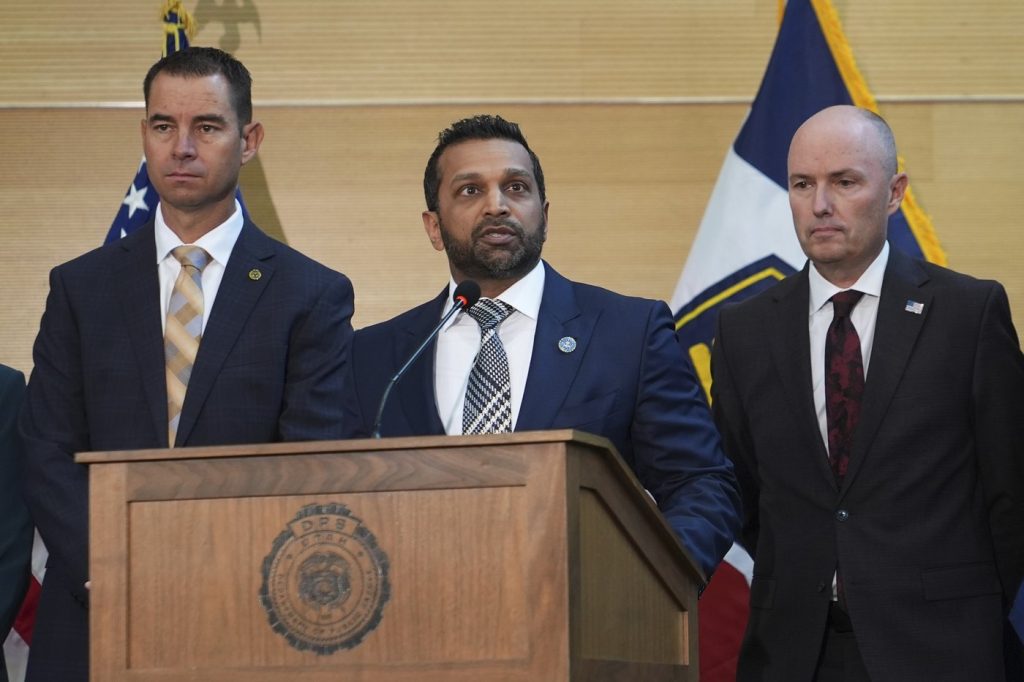Hours following the assassination of conservative activist Charlie Kirk, FBI Director Kash Patel mistakenly declared online that “the subject” of the killing was in custody, despite the actual shooter being at large. Two men previously detained were quickly released, highlighting a severe miscommunication amidst a high-stakes investigation that has put Patel’s credibility under scrutiny as he prepares for upcoming congressional oversight hearings.
The scrutiny Patel faces is not limited to this investigation. Democrats are expected to challenge him on a controversial purge of senior executives within the FBI, which has led to a lawsuit alleging retribution for resisting the Trump administration’s pressures. Additionally, Patel's continued focus on President Donald Trump’s grievances, even after the conclusion of the Russia investigation, raises questions about his leadership approach and priorities. The upcoming hearings represent a critical moment for Patel, as they will test his ability to reassure the public that the FBI can navigate through these tumultuous times while restoring its credibility.
Kirk’s assassination has intensified an already complex political atmosphere surrounding Patel, given Kirk's close associations with significant Republican figures, including Trump and Patel himself. While law enforcement agencies continue the investigation, Patel's premature announcement regarding the custody of the suspect sparked backlash. During a press conference, Utah Governor Spencer Cox confirmed that the investigation was ongoing, underscoring Patel’s timing as problematic. Following the incident, Patel expressed frustration at not being promptly briefed, revealing tensions within the FBI regarding communication protocols.
In tandem with the Kirk case, Patel is dealing with broader operational challenges as he faces a lawsuit from three senior executives he dismissed during an ongoing personnel purge. One of the fired executives, Brian Driscoll, alleged that his firing was linked to resistance against administration demands and that it reflects a larger trend of distrust cultivated within the organization. This unrest within the FBI has led to significant turnover in leadership roles across the bureau, reflecting ongoing instability in the agency during Patel's tenure.
Patel's leadership has included a significant shift in FBI priorities, aligning closely with the Trump administration’s agenda. This includes a realignment focusing on street crime, drug trafficking, and illegal immigration, which critics worry could detract from long-standing responsibilities related to public corruption and national security threats. Despite the aggressive policing claims, there remains concern about the potential ramifications of prioritized political agendas overshadowing critical investigations that the FBI has been known for.
As the FBI enters this new chapter under Patel, the fallout from recent events will likely shape public perception of the bureau’s integrity and effectiveness. With potential partisan clashes looming in congressional hearings, Patel's ability to manage both the fallout from Kirk’s assassination and the broader concerns surrounding internal FBI operations remains a critical issue as he continues to redefine the FBI’s role in contemporary America.












